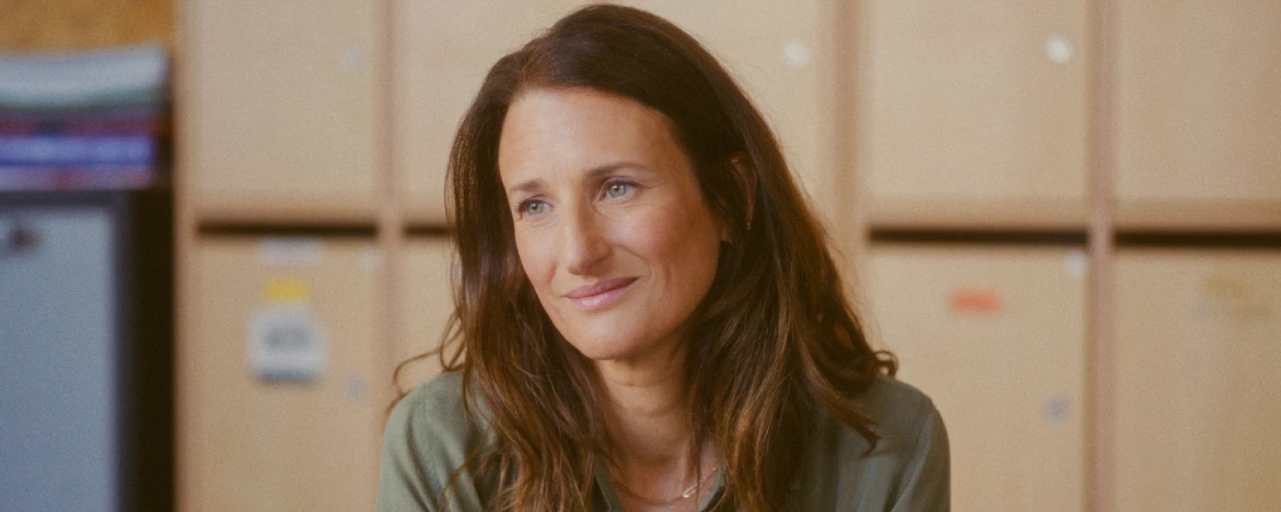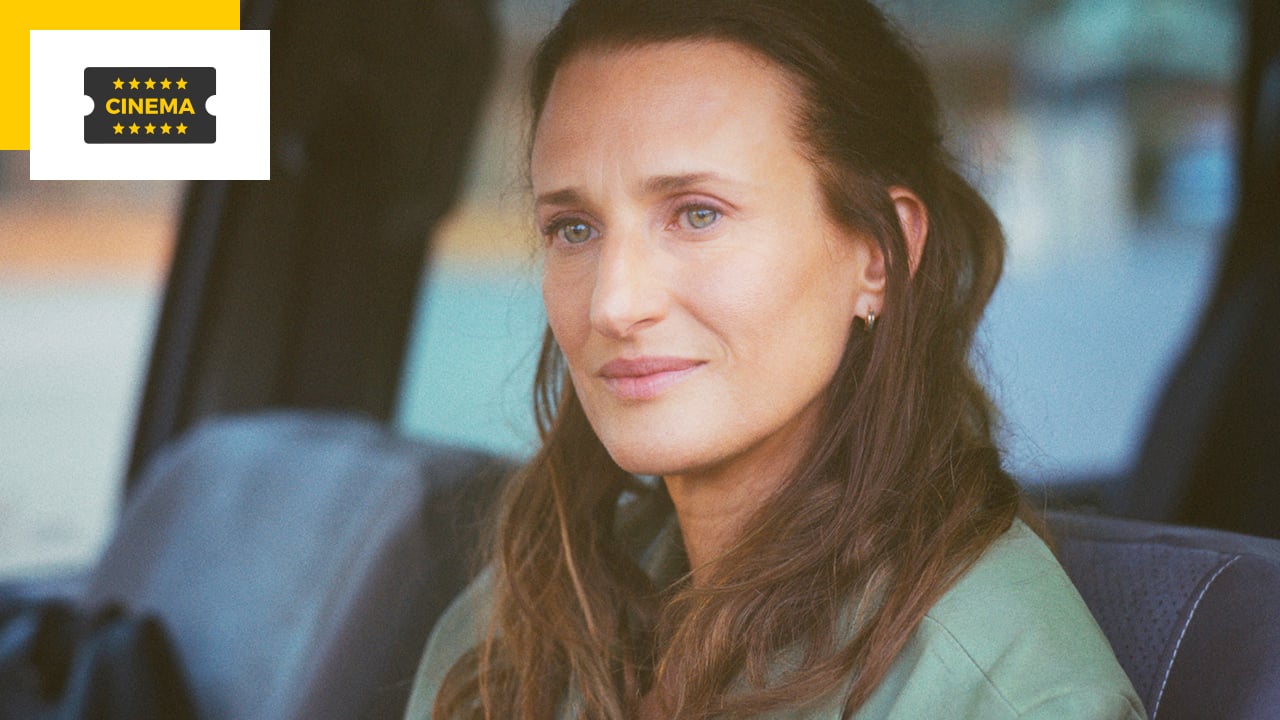On the occasion of the release of “Toni en famille”, here are five things to know about this dramatic comedy led by Camille Cottin.
What is it about ? Antonia, known as Toni, raises her five children alone. A full-time job. She also sings in the evening, in bars, because you have to feed your family well. Toni is talented. She recorded a single which was a hit. But that was 20 years ago. Today his two eldest children are preparing to go to university. So Toni wonders: what will she do when all her offspring have left home? At 43, is there still time to take control of your life?
Why “Toni with the family”?
The title was obvious from the start of writing. Director Nathan Ambrosioni explains: “Toni is first of all the main character whose story I wanted to tell. I have a great affection for portrait cinema, the one which depicts a world at our level, which does not evoke the extraordinary. Noah Baumbach, Richard Linklater, Hirokazu Kore-eda are essential references for me.”
“Toni is also a tribute to the profession of actor, specifically to the actress Toni Collette, whose work I admire and in particular the ambiguity she injects into her roles. Finally, Toni is not a first name but a nickname, which is moreover an ambivalent nickname, we do not know whether it designates a woman or a man. I tend, like my generation, towards a cinema that does not gender its gaze.”
2023 – CHI-FOU-MI PRODUCTIONS – STUDIOCANAL – FRANCE 2 CINEMA Camille Cottin, Oscar Pauleau, Louise Labeque, Léa Lopez, Thomas Gioria and Juliane Lepoureau
Pivotal period
Nathan Ambrosioni wanted to question this very special moment in a life where we question everything: in this case, the status of a single mother almost at home (Toni spends the majority of her time there) constitutes an ultimate social condition. The director explains: “We imagine that Toni owes absolute devotion to her children, that she builds everything around them.”
“Toni, in the family it’s going against this image, imagining things differently. Toni interests me because her social status makes her a real heroine and a heroine of reality. She realizes in a very simple way that “Being a mother is fabulous, but it is also a condition affected by planned obsolescence, that of the day when your last child will leave the house.”
“Toni is not content with that and her age, 43, gives her situation a form of urgency. In her way, Toni is like teenagers who at the end of high school must choose a professional path. She is crossed by the same questions, but she realizes that because of her age society does not encourage her in the path she envisages.”
Camille Cottin’s choice
As a teenager, Nathan Ambrosioni was a fan of the series Connasse: “His nonchalance was fascinating. Then there was Ten percent, Stillwater, House of Gucci… All his roles accompanied me. She was in my cinephilia. I was hoping Toni was her. I had his phrasing in mind when I was writing.”
“She has something very particular in the tone of her voice, her chant, her way of expressing herself, a languor mixed with authority and tenderness that I needed. I wanted to express something extremely soft to through this role. Camille represents all that”says the filmmaker.

2023 – CHI-FOU-MI PRODUCTIONS – STUDIOCANAL – FRANCE 2 CINEMA
Camille Cottin
A former singing star
When Nathan Ambrosioni was writing the script for the film, he saw a report which set off, 20 years after their hour of glory, to meet ex-television stars from the 2000s. Most of them have fallen into oblivion. He remembers : “Making Toni one of them interested me. This former celebrity status adds complexity to my heroine. She becomes a woman who in her youth had a false image imposed on her that she will have to deconstruct .”
“Like the status of “absolute mother”, the status of celebrity can seem fascinating but for Toni it has never been a holy grail. Yet even her children, Marcus through social networks or even Mathilde through dance, are thirsty for this recognition, it is specific to their age and their generation. The film thus naturally raises the question of transmission. What do we transmit to our children? How can we speak the same language?”
A family of 5 children
Nathan Ambrosioni chose to show a family of five children with very heterogeneous physiques. Through these, he wanted to convey all the diversity of character of his friends. It develops : “They are really like the high school and college students I have worked with. They have complex desires, varied hopes. For Toni, this constitutes an additional source of difficulties because she has to deal with all these strong temperaments, this which is not obvious when, like her, it is once again a question of “finding yourself”.”
“The young actors proved to be very impressive. They appropriated the personality of their respective characters with disconcerting ease. Adolescence is a fabulous cinematic terrain, the place of dreams and desires. I wanted to portray it in a very precisely, this is why there is no improvisation between the young people in the film, apart from three small scenes. I wanted to respect the dialogues, to this idea that these siblings have a common, specific language, that ‘they exchange clothes and expressions.
